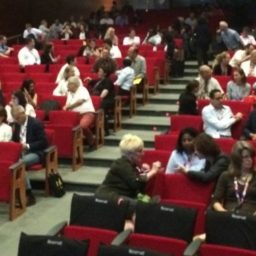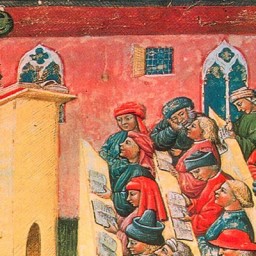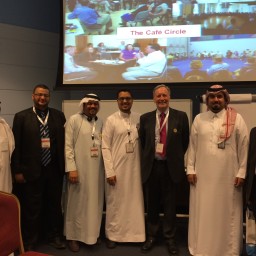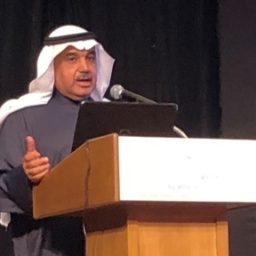
Chicken chicken chicken | Doug Zongker It so often takes humor to expose the ridiculous as in this wonderful short lecture from Doug Zongker. It is worth watching to the end for the Q&A. Why are so many lectures at conferences death by powerpoint? Or should I ask chicken chicken chicken? Chicken chicken chick chick chicken? … Continue reading Chicken, Chicken, Chicken Doug Zongker, February 2007

People implicitly acknowledge that they don’t have all the answers (or else the conversation is really a lecture) and risk being wrong in front of someone else. And conversations overcome the class structure of business, suspending the organization chart at least for a little while. | David Weinberger Continue reading Conversations Overcome the Class Structure of Business David Weinberger

Show me a Professor of Education who lectures, and I’ll show you a hypocrite who doesn’t read the research. | Donald Clarke Continue reading Show Me a Professor of Education Who Lectures Donald Clarke

Introduction: Conversational Learning The Power of Peer Learning Close Pop-up all posts in this chapter What’s the Vibe? Please be patient as this may take up to a minute to load… Close Traditional lectures often fail to engage students in real understanding. People need more than just information—they need to make sense of it through … Continue reading The Power of Peer Instruction Why explaining ideas to others leads to deeper learning

What Is a Real Conversation? The Value of Conversation ** Close Pop-up all posts in this chapter What’s the Vibe? Please be patient as this may take up to a minute to load… Close Numerous words or phrases describe the varied forms of conversation and speech. This page lists some of the more common ones … Continue reading The Language of Conversation and Speech Meanings of words describing conversation and speech

The Unconference Conversational Conferences Close Pop-up all posts in this chapter What’s the Vibe? Please be patient as this may take up to a minute to load… Close Conferences often involve long, boring presentations that disengage audiences. This “death by PowerPoint” approach fails to actively involve attendees in the learning process. With some creative planning, … Continue reading Introduction: Participatory Conferences From audience to participants

Introduction: Participatory Conferences Conversational Talks Close Pop-up all posts in this chapter What’s the Vibe? Please be patient as this may take up to a minute to load… Close Most conferences are a series of PowerPoint talks interspersed by the occasional panel discussion. The audience has little time to ask questions, but they have no … Continue reading Conversational Conferences In a conversational conference, the dominant style of presentation is the conversational talk

Conversational Conferences Knowledge Cafés ** Close Pop-up all posts in this chapter What’s the Vibe? Please be patient as this may take up to a minute to load… Close In most talks or seminars, the audience is not allowed to discuss the presentation. This doesn’t have to be the case. Allotting a few minutes during … Continue reading Conversational Talks How to give a conversational talk or presentation

Dialogic Organization Development The Power of Team Huddles Close Pop-up all posts in this chapter What’s the Vibe? Please be patient as this may take up to a minute to load… Close Flipped teaching reverses, or “flips”, traditional in-class lectures and homework. Students watch the teacher’s prerecorded lecture at home, and in-class time is used … Continue reading Flipped Teaching Speech is a bad medium for communicating information – so watch lectures at home

Learning ** The Mind Is a Fire to Be Kindled Close Pop-up all posts in this chapter What’s the Vibe? Please be patient as this may take up to a minute to load… Close Imagine you receive the same lecture twice: once from a charismatic lecturer speaking fluently without notes and maintaining eye contact; and … Continue reading When It Comes to Lectures, Appearances Can Be Deceiving ** Eric Mazur thought he was a good teacher until he discovered his students were just memorizing information

Peter Block’s Four Ownership Questions People Tagging ** Close Pop-up all posts in this chapter What’s the Vibe? Please be patient as this may take up to a minute to load… Close Why do we still use lecterns in meetings and at conferences? A lectern prevents you from engaging with your audience, I was at a … Continue reading Let’s Get Rid of Lecterns The lectern is a barrier to connecting with your audience









